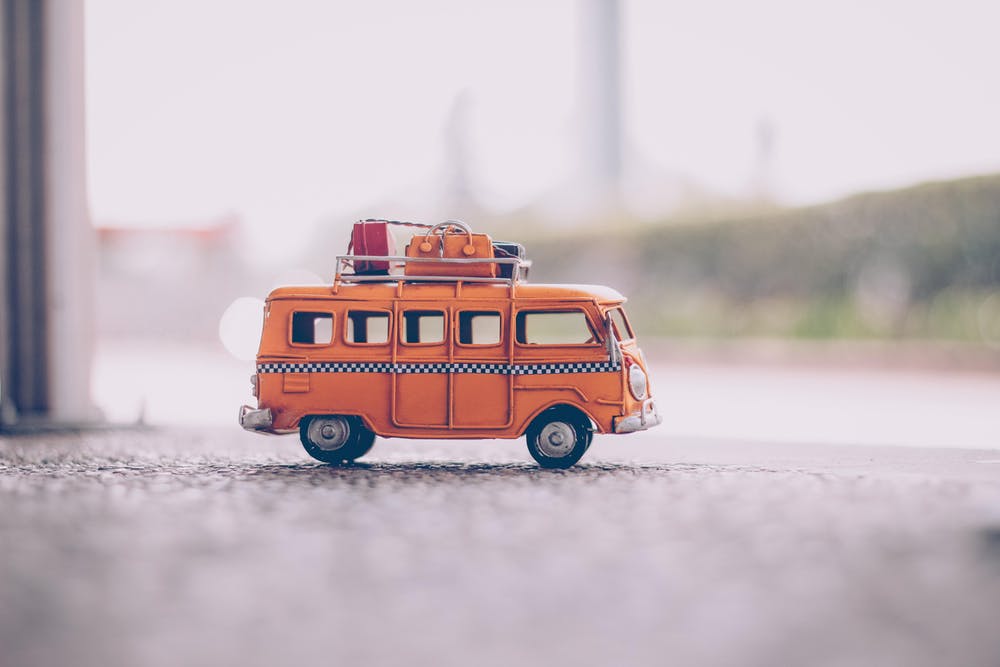Top 10 Most Environmentally Friendly Actions you Should do in Your Everyday Life
Our world is suffering from pollution, plastic, oil, and more. Yet, the ones who remain largely unaccountable are us humans. However, this does not mean we cannot save our world from climate change. We all have the power to make a difference by changing our lifestyles and becoming more conscious of the environment.
1. Be Conscious About Your Energy Usage
Nearly every home around the world relies on some form of energy, from the lamp you use to see clearly in the dark to your fridge that keeps your food cool and preserved. While using energy is necessary, turning on multiple electrical devices simultaneously and leaving some unused can be described as irresponsible. To be more conscious and energy-efficient, turn off the lights in unused rooms, switch off the TV, stove, water tap, and other electrical devices. Not only will you be more environmentally friendly, but you will also save money by reducing unnecessary energy consumption.
2. Buy Fewer Items
By purchasing fewer items that you don't need, you not only save money but also avoid supporting companies that contribute to greenhouse gas emissions, exploit labor, or produce more waste than the product itself (depending on the company's market and production practices).
3. Turn Off the Tap
When brushing your teeth or using any water, always turn it off when you're not using it. Letting water run without purpose can lead to high water bills and environmental waste. By conserving water and using it responsibly, you contribute significantly to both your savings and the climate.

4. Take Shorter Showers
Taking a 20-minute shower uses excessive amounts of water and energy just to stay clean or relax. Aim for a 5-minute shower instead; research from the UN Association shows that a person can be adequately clean in this time. Try this in your daily routine and observe the benefits.

5. Recycle
Recycling is crucial to avoid littering and improper disposal. Recycled materials can be used to create the same product you purchased or something new. Always sort your waste correctly: paper and cardboard go in the cardboard bin, plastic in the plastic bin, metal in the metal bin, and food waste in the food waste bin.
6. Eat All Your Food
For instance, if you eat half an apple and throw the rest away, it eventually decomposes at a treatment facility, releasing methane—a greenhouse gas even more potent than CO2—into the atmosphere. To avoid this, eat and enjoy every bite of your food. If you can't finish, store leftovers in your fridge for later.
7. Grow Plants at Home
Use small pots, potting soil, and seeds to grow plants of your choice—whether tomatoes, peppers, eggplants, or even trees. Plants absorb carbon from the air and provide oxygen in return. Growing your own vegetables not only benefits the environment but also gives you fresh produce. Remember to water and care for your plants regularly.

8. Use Public Transport More Often
In large cities, public transport is often necessary. Opting for the bus or train over driving reduces individual CO2 emissions, as public transport vehicles carry many people at once, significantly lowering the per-person carbon footprint.

9. Reduce Your Waste
Minimizing waste involves avoiding unnecessary plastic packaging and other items that will soon become waste. This not only reduces your environmental impact but also allows you to save money or spend it on things you truly need. The choice is yours.
10. Donate to #TeamSeas and #TeamTrees
Donate to #TeamSeas and #TeamTrees, non-profit campaigns established with the support of prominent YouTubers like MrBeast (Jimmy Donaldson) and Mark Rober. Team Trees, launched in 2019, plants one tree for every dollar donated. For example, a $100 donation results in 100 trees being planted by the Arbor Day Foundation. Team Seas aims to remove 30 million pounds of plastic and waste from oceans and beaches before 2022. Support these initiatives to contribute to environmental conservation.